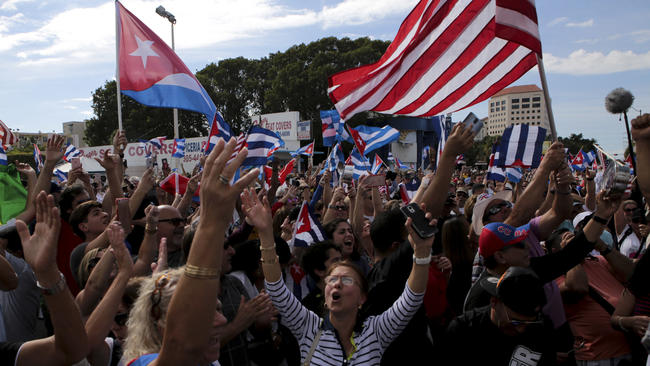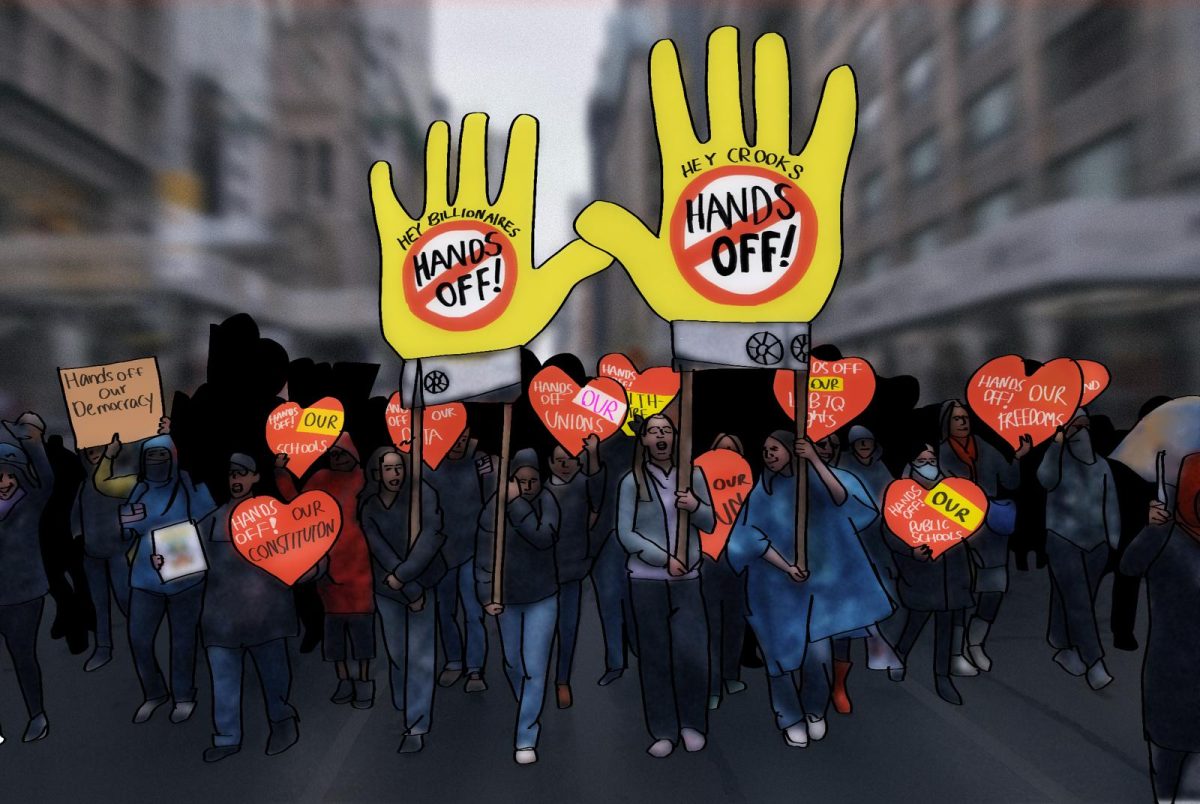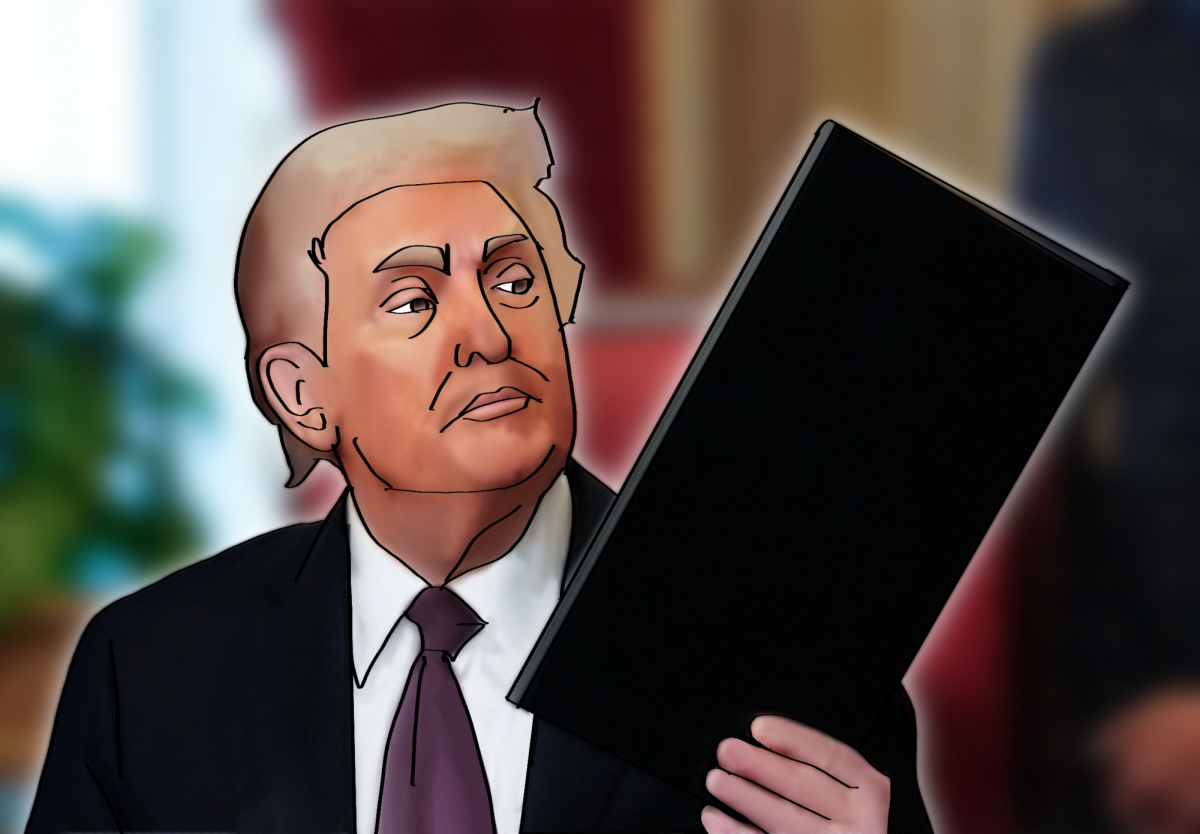Fidel Castro’s Death: The End of an Era
http://www.sun-sentinel.com/news/fidel-castro/sfl-miami-cubans-rally-story.html
Cubans gather in front of Miami’s most iconic restaurants to celebrate the death of Fidel Castro.
Nov 26, 2016
Symbol of the Cuban revolution Fidel Castro was pronounced dead on Friday, Nov. 25. After leading Cuba for nearly half a century, as both prime minister and president, Fidel Castro’s death has shook the world.
“Fidel’s death has had a great impact not only here but in Cuba. I feel happy for the Cubans and hope they can move past his presidency, heal, and turn Cuba’s government around considering everything Fidel has put them through,” freshman Jesse Zambrano said.
Cuba’s longest running dictatorship has officially come to an end. Cuba has gone into a nine-day period of mourning. Liquor transactions, music, and any form of assembly have been banned by the government for nine days. If anyone fails to abide by these rules, they will be sent to prison.
When Fidel’s communist policies were implemented, many people fled the island. Over the past five decades, Miami has been transformed into the “unofficial bilingual capitol of Latin America.” When the news reached Cuban-Americans, they suddenly forgot that it was the middle of the night, or that it was raining. Instead, they raced to Little Havana and began showering Cuban pride by waving their country’s flag, singing the national anthem, honking horns, and banging pots and pans for the rest of the weekend. Although the intricate communist government Castro set up will not evaporate over night, the end of this era is just the beginning of a new one.
On Wednesday, Castro’s ashes were taken to Santiago, a small city in Cuba. They will be dispersed on Sunday in the Ifigenia Cemetery. President Obama debated sending an official to Castro’s funeral on behalf of the United States, and decided to send Benjamin J. Rhodes to represent the United States, a deputy national security adviser, already stationed in Havana.
“Fidel Castro’s death is being acclaimed by people all over the United States, they are saying it is a blessing and possibly the end of communist Cuba. I hope Cuba is once is finally set free because it has endured years of tyranny by the infamous Fidel Castro,” junior Natalie De la Rosa said.
Fidel Castro has been out of power for eight years and his brother has been ruling in his place. However, just because Cuba has a new leader does not mean policies will change. Although Castro has been sick for a long time, his passing caught hundreds of people off guard. Raul Castro, his brother, has already began implementing economic changes, trying to attract foreign investors and ease restrictions on those who live in Cuba.
Fidel Castro’s political legacy will most likely live on, considering his intricate government system was carefully established. The end of this era is commences a new one; Cuba’s communism will not evaporate over night. However, restoring the country to its pre-revolution standards is not a race, it is a marathon.











